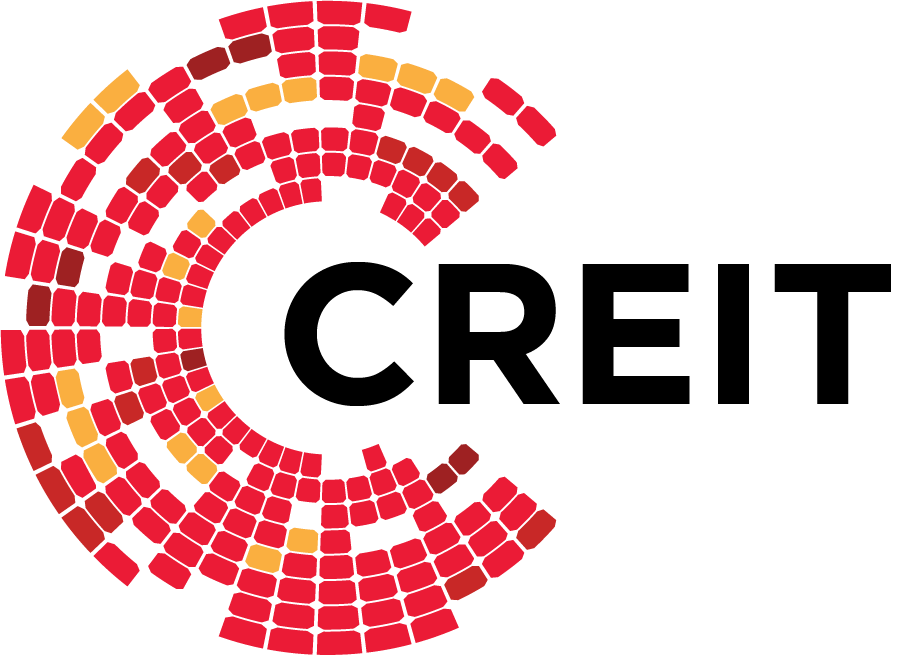Before investing in a Philippine corporation or Real Estate Investment Trust (REIT), it’s important to understand how that company is structured financially—particularly in terms of capital stock. One key concept is authorized capital stock, which refers to the ceiling on how much capital the company is authorized to raise through equity. This figure influences how a business raises funds, allocates ownership, and grows over time.
For investors in the country, understanding authorized capital stock is more than just knowing technical terms. Instead, it helps you evaluate how flexible a company is in raising capital, expanding operations, or attracting new investors. With CREIT being a publicly listed REIT in the renewable energy sector, grasping these fundamentals gives you more confidence and clarity in your investment decisions.
What is Authorized Capital Stock?
Authorized capital stock refers to the maximum number of shares that a corporation is legally permitted to issue, as stated in its articles of incorporation. This limit includes all shares that the company could issue now or in the future, whether or not they have already been issued or subscribed.
In the Philippines, this figure is a crucial part of any corporation’s formation and ongoing compliance. It must be registered with the Securities and Exchange Commission (SEC) and disclosed in public filings. The authorized stock provides room for future growth and capital-raising efforts, such as public offerings or private placements. Notably, not all authorized capital stock is issued immediately; some may remain unissued, reserved for future strategic needs.
Exploring the Other Types of Capital Stock
While authorized capital stock is important, it’s only one part of the broader capital stock structure. Here’s a quick look at the other main types:
- • Subscribed Capital - This refers to the portion of the authorized capital stock that investors have agreed to purchase. It represents a commitment to invest, even if not fully paid yet. It indicates shareholder interest and demand.
- • Paid-Up Capital - Paid-up capital is the amount that shareholders have actually paid for their subscribed shares. It’s a key figure shown on the balance sheet and reflects the actual cash (or asset equivalent) that the company has received.
- • Outstanding Shares - These are the shares that have been issued and are currently held by shareholders, excluding treasury shares. This number affects voting power, dividend distributions, and market valuation.
- • Issued Shares - This refers to the number of shares issued by the corporation out of its authorized stock. Issued shares may include both outstanding shares and treasury shares that the company may have bought back.
What Factors Drive Changes in Authorized Capital Stock?
Authorized capital stock isn’t set in stone. Several internal and external factors can lead a corporation to increase or decrease this amount, including the following:
Business Expansion Plans
As corporations grow, they often need to raise additional funds. Increasing authorized capital stock gives companies the flexibility to issue more shares for future projects, joint ventures, or acquisitions. For investors, this signals not only growth potential, but also possible share dilution.
Strategic Investments and Partnerships
When companies seek new partners or major investors, they may need to issue new shares. This requires adjusting the authorized stock to accommodate these equity transactions. For instance, REITs may expand portfolios with partner developers or energy firms, requiring more capital stock to formalize the agreement.
Public Offerings and Market Listings
Initial Public Offerings (IPOs) and follow-on offerings often involve issuing a large volume of shares. To do so, the company must have enough authorized stock. If not, they’ll need to amend their corporate charter and get shareholder approval to increase the ceiling.
Regulatory Compliance
Certain updates or regulatory requirements from the SEC may prompt a review and update of the authorized capital stock. Companies must remain compliant with national corporate laws, which may evolve depending on market conditions.
Mergers and Acquisitions (M&As)
In some M&A deals, companies use stock instead of cash to acquire another entity. This often necessitates a larger maximum number of shares in the authorized capital. It allows flexibility in structuring the acquisition deal using equity-based consideration.
Capital Restructuring
If a company undergoes financial restructuring, like converting debt to equity, it might have to amend its authorized capital stock. These changes can improve financial health but may also impact existing shareholder equity distribution.
Market Confidence and Investor Demand
High investor interest or strong market performance may motivate companies to increase their capital base. An updated authorized stock figure helps them raise capital quickly when needed, ensuring they don’t miss out on growth opportunities.

How is Authorized Capital Stock Typically Reported?
Companies in the Philippines are required to disclose details of their capital stock structure in official filings and financial statements.
Articles of Incorporation
The articles of incorporation outline the maximum amount of capital stock and the breakdown of share classes, if applicable. This document is filed with the SEC during the company’s registration and any time a change in authorized capital occurs.
General Information Sheet (GIS)
Corporations submit an annual GIS to the SEC, which lists the number of authorized shares, number of shares issued, and other relevant ownership details. It’s a public document that helps investors understand the company’s equity structure.
Financial Statements and Balance Sheet
The balance sheet typically lists the authorized, issued, and outstanding capital stock. This snapshot gives investors a better idea of the company’s capital capacity and how much room there is for further equity issuance.
Stockholder Reports and Disclosures
Annual stockholder meetings and disclosures to the Philippine Stock Exchange (PSE) include any updates on the amount of capital authorized and used. These are useful for investors who want transparency and up-to-date data on their holdings.
The Latest Update in CREIT’s Authorized Capital Stock
CREIT recently updated its authorized capital stock in alignment with its goal of expanding its renewable energy asset portfolio. According to CREIT’s official disclosures, the authorized capital stock currently stands at 15,360,000,000, consisting of 6,545,454,004 issued and outstanding shares with a par value of ₱0.25 per share.
This structure allows CREIT significant flexibility in expanding its holdings in solar energy properties across the Philippines. The alignment of its authorized capital stock with its growth strategy signals confidence in long-term sector viability. Investors benefit from this setup, knowing that CREIT is well-positioned to capitalize on opportunities without needing frequent structural changes.
Power Your Portfolio and Invest in Renewable Energy REITs
Understanding authorized capital stock gives investors insight into a corporation’s growth potential, strategic flexibility, and financial soundness. For companies like CREIT, an updated and well-structured capital stock allows for timely expansion in high-growth sectors like renewable energy, providing reassurance to shareholders.
Strengthen your investment strategy by exploring opportunities in one of the Philippines’ pioneering renewable energy REITs. Browse CREIT’s growing asset portfolio and see how you can benefit from stable returns while contributing to a sustainable future. Let your capital work for you—and for the planet.


